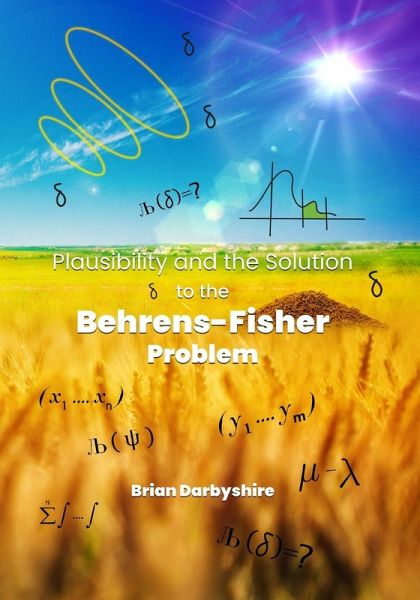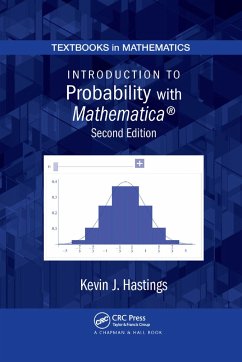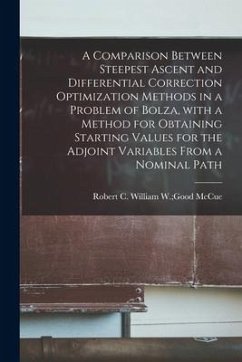
Plausibility and the Solution to the Behrens-Fisher Problem

PAYBACK Punkte
18 °P sammeln!
'Plausibility and the Solution to the Behrens-Fisher Problem' is a detective story that reveals the solution to a mathematical conundrum that has kept statisticians perplexed for over a century. The problem concerns what we can say about the difference between the true mean values of two normal distributions from the information available in small samples. Despite years of attempts by academia to find the answer, usually involving either Fisher's notion of 'fiducial probability' or Bayes' Rule and a 'prior' distribution, until now, a precise solution has not been found. The book shows that the...
'Plausibility and the Solution to the Behrens-Fisher Problem' is a detective story that reveals the solution to a mathematical conundrum that has kept statisticians perplexed for over a century. The problem concerns what we can say about the difference between the true mean values of two normal distributions from the information available in small samples. Despite years of attempts by academia to find the answer, usually involving either Fisher's notion of 'fiducial probability' or Bayes' Rule and a 'prior' distribution, until now, a precise solution has not been found. The book shows that the Behrens-Fisher problem concerns what is plausible and that, while they are connected, what is plausible is not the same as what is probable. Moreover, plausibility cannot be defined; it must be discovered. In the first part of the book, we follow a familiar trail that leads to Behrens' and Fishers' solution, but then by correctly interpreting an observation by Bartlett (who questioned Fisher's approach), we are shown that this solution cannot be true because it does not utilise all the available information. The second part shows how to find the plausibility of the features of any probability distribution and proceeds to obtain the plausibility densities of all the parameters controlling the Normal distribution. But all this is cast into doubt when a well-known result obtained by Neyman (who was a fierce critic of Fisher) is shown to be false. This surprising twist leads to the conclusion that some entrenched assumptions must be abandoned and shows why all previous attempts to find a solution have failed. We are also forced to acknowledge that none of the results obtained so far reveal how to combine one plausibility with another, a Combinatorial Rule which is essential for the solution to the problem. In part three, we find the answer to all these issues and, with the resolution of another troubling problem in statistics, the only possible correct solution to the Behrens-fisher problem is revealed. This book brings a fresh perspective to one of the most daunting challenges in the field and is a must-read not only for statisticians, but anyone fascinated by the power of logical reasoning and the thrill of cracking what was once considered an unsolvable problem. While pitched at the mathematically sophisticated reader, it provides useful insights for anyone interested in assessments and deductions from statistical data.












